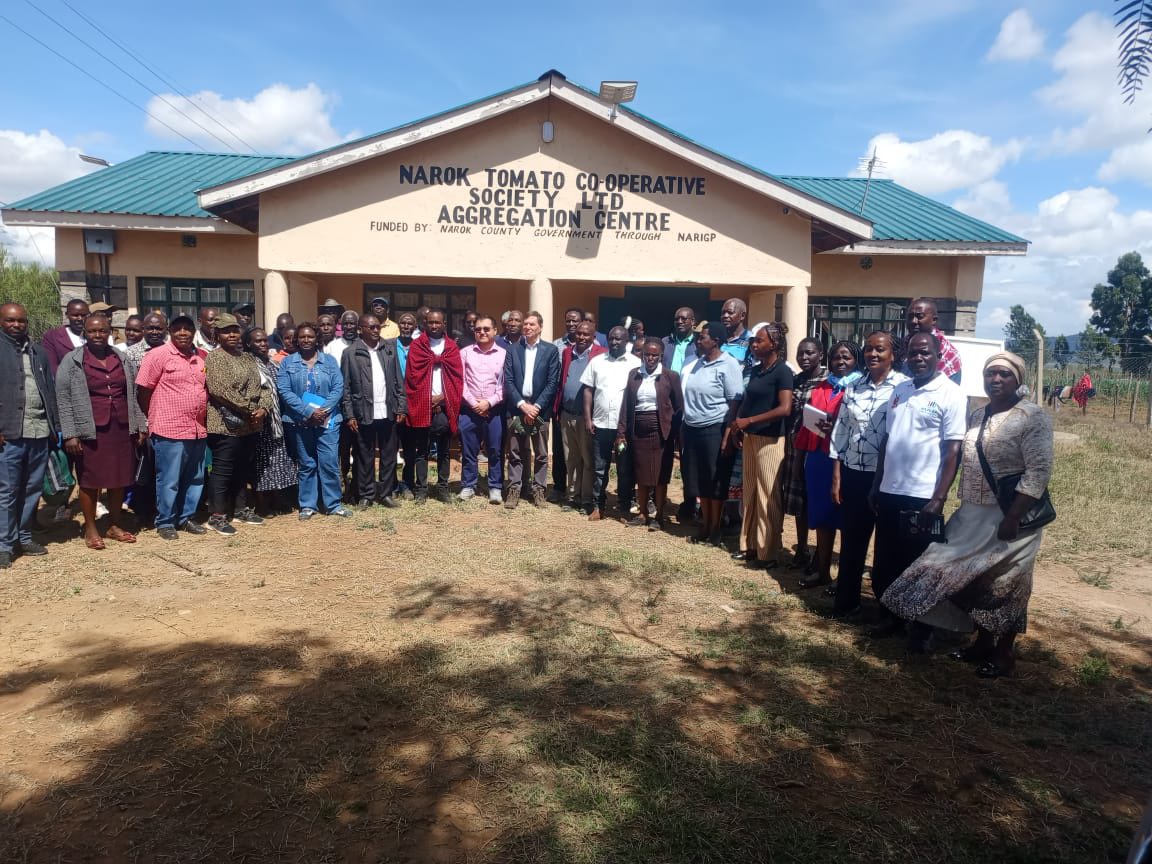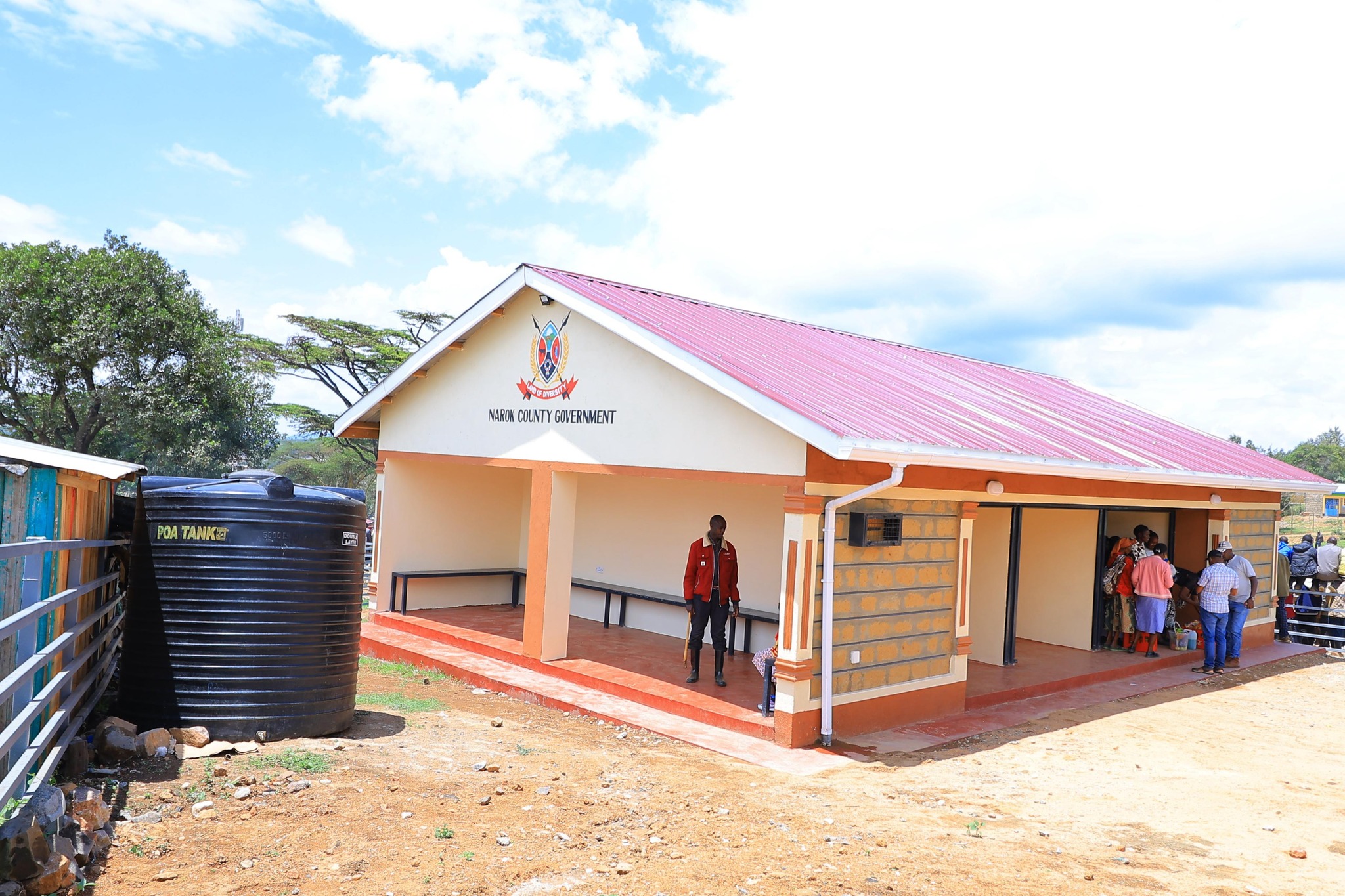Deputy President Kithure Kindiki has assured tea farmers that the government is rolling out comprehensive reforms aimed at ensuring they reap maximum benefits from their hard work.
Speaking during a visit to Londiani in Kericho County, Kindiki revealed that Kenya’s tea industry posted impressive earnings of Ksh 215 billion in 2024, a significant increase from Ksh 138 billion in 2022.
Despite this growth, many farmers, particularly in Kericho, the heartland of tea production—have reported receiving lower bonuses this year, raising concerns about the distribution of proceeds within the value chain.
“The government is aware of the declining bonuses that our hardworking tea farmers are receiving, even as national revenues rise,” Kindiki said. “This situation is unacceptable, and we are taking decisive steps to address it to ensure that all tea growers across the country enjoy fair returns from their crop.”
The Deputy President outlined a series of reforms targeting key challenges in the tea sector. Central to these changes will be dismantling entrenched cartels that have for years controlled pricing and export channels, often at the expense of smallholder farmers.
ALSO READ:
Kajiado to roll out livestock vaccination drive to cushion herders from drought losses
Additionally, the government plans to strengthen governance at factory level, ensuring that farmer-owned tea factories are run transparently and efficiently. “We want to empower farmers to take charge of their investments and to have a direct say in how their factories are managed,” Kindiki emphasized.
He also highlighted the need to promote better quality tea production to maintain Kenya’s competitive edge in the global market. This will involve supporting farmers through training, improved extension services, and adoption of modern processing methods.
To cushion farmers from market fluctuations, the government is encouraging diversification into specialty teas, such as purple tea, orthodox tea, and other high-value varieties that fetch premium prices internationally.
Kindiki reiterated that the tea sector remains a critical pillar of Kenya’s economy, supporting millions of livelihoods and contributing significantly to foreign exchange earnings. He assured farmers that the upcoming reforms would create a more transparent and rewarding industry.
“We will not allow a few individuals to benefit while the farmers who do the real work continue to suffer. These reforms will restore fairness, accountability, and prosperity to our tea sector,” he said.
By Rodgers Wagura
Get more stories from our website: Sacco Review.
For comments and clarifications, write to: Saccoreview@
Kindly follow us via our social media pages on Facebook: Sacco Review Newspaper for timely updates
Stay ahead of the pack! Grab the latest Sacco Review newspaper!



